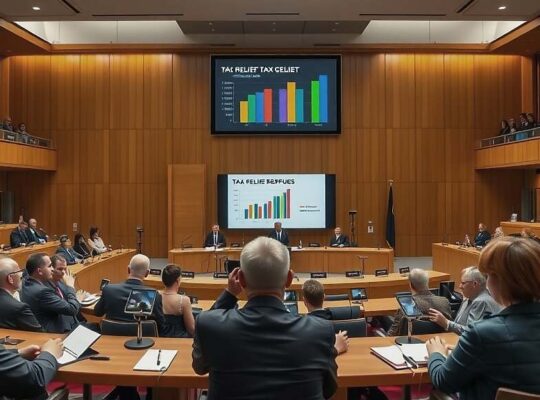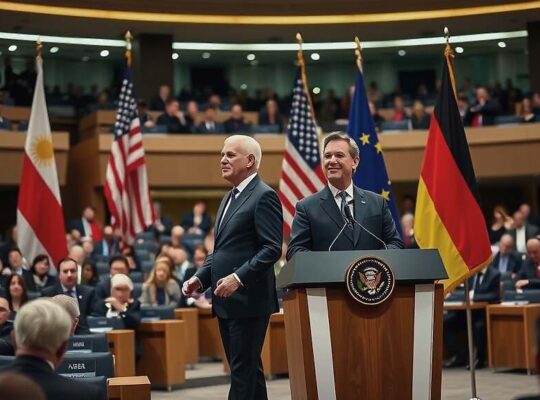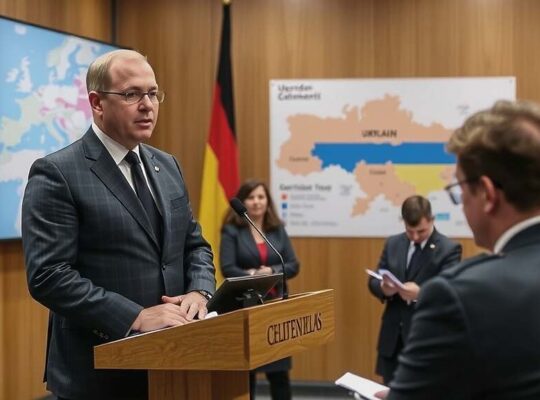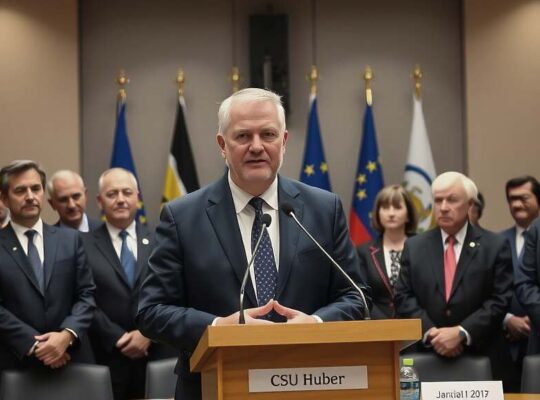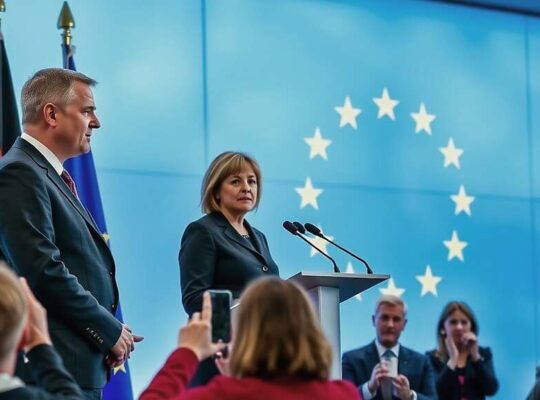A leading architect of Donald Trump’s energy and climate policies is issuing a stark warning to European nations concerning their reliance on Chinese-manufactured electric vehicles and renewable energy technologies. Diana Furchtgott-Roth, Director of the Center for Energy, Climate and Environment at the Heritage Foundation, cautioned in an interview with “Der Spiegel” that European consumers and businesses should avoid purchasing EVs and related technologies from China, echoing concerns about potential supply chain disruptions akin to those previously experienced with Russian gas.
Furchtgott-Roth’s position carries considerable weight. As a prominent author of Project 2025, a comprehensive policy blueprint shaping the anticipated direction of a potential Trump administration, her views are seen as indicative of a return to more isolationist and fossil fuel-centric energy strategies. The initiative, already demonstrably influencing policy, has seen nearly half its proposals integrated into executive orders and legislation.
The potential for China to leverage its dominance in critical minerals and rare earth elements, as well as renewable energy manufacturing, to exert geopolitical influence is central to Furchtgott-Roth’s argument. She highlighted the risk of a similar disruption occurring with China as she described the repercussions of Russia’s actions in the Ukraine conflict which dramatically impacted European gas supplies.
Under a potential second Trump term, the U.S. is expected to aggressively pursue a policy of “energy dominance” based on fossil fuel production, directly aligning with Heritage Foundation’s Project 2025 goals. This stance directly contradicts ongoing efforts in Europe and elsewhere to transition towards a greener economy, suggesting a potential divergence in international climate policy.
Furchtgott-Roth defended the renewed focus on fossil fuels, arguing they offer a more “cost-effective and reliable” energy source compared to emerging technologies largely dominated by Chinese manufacturers. She emphasized the abundance of domestic oil, gas and coal reserves within the United States, claiming they secure “an affordable and needs-based supply.
Furthermore, she downplayed the urgency of addressing climate change, pointing to emissions increases in countries such as China and India and asserting that the U.S. should not be prevented from utilizing its own fossil fuel resources, regardless of environmental concerns. The message signifies a potential shift away from international climate cooperation and toward a prioritized exploitation of American resources, irrespective of global climate goals.



